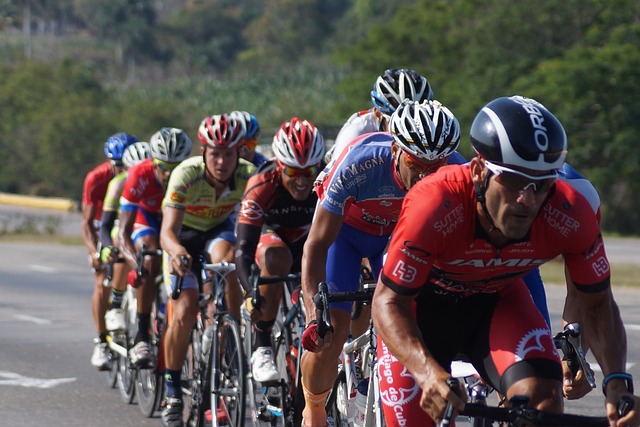The gambling industry is diverse, encompassing everything from slot machines and roulette to sports betting and fantasy leagues. While both casino games and sportsbooks fall under the umbrella of gambling, they are often treated very differently by regulatory bodies around the world. These legal distinctions affect licensing, taxation, advertising, and player protection. Understanding the differences in legal frameworks between casino games and sports betting is essential for operators, affiliates, and players alike—especially as more jurisdictions continue to regulate the sector in 2025.
Licensing Requirements and Jurisdictional Variances
One of the most fundamental differences lies in licensing requirements. In many countries, casino games and sportsbooks require separate licenses, even if they’re offered by the same platform. Regulatory bodies often view these two categories differently due to their perceived risk profiles and operational structures. For instance, in the UK, the Gambling Commission issues distinct licenses for casino operations and betting activities. Similarly, in the U.S., state-by-state laws frequently allow one while prohibiting or restricting the other. Sports betting licenses often require partnerships with local land-based operators or sports leagues, whereas online casino licensing is typically more technology-focused. These distinctions can greatly influence the business model, market access, and compliance obligations for each type of gambling service.
Game of Chance vs Game of Skill Perceptions

A key legal distinction stems from how jurisdictions define and regulate games of chance versus games of skill. Casino games—such as slots, roulette, and baccarat—are considered pure games of chance, with outcomes determined entirely by random number generators (RNGs) or physical randomness. Sports betting, on the other hand, often involves elements of skill, as bettors use statistics, team analysis, and historical data to make informed decisions. Some regulators use this difference to justify more lenient treatment of sportsbooks, seeing them as less addictive or exploitative than traditional casino games. This perceived skill component has led to faster legalization of sports betting in several regions, while online casinos remain more tightly regulated or even banned.
Taxation and Revenue Models
Casino and sportsbook operators are often subject to different tax structures. For casinos, governments may impose taxes based on gross gaming revenue (GGR) or turnover, with separate levies for each type of game. Sportsbooks, on the other hand, may be taxed based on betting handle, win margins, or fixed fees. Some countries also tax different betting types differently—such as distinguishing between fixed-odds betting, pool betting, and exchange betting. These variations affect pricing strategies, promotional campaigns, and even the odds offered to players. Additionally, sportsbook taxes often involve payments to sports leagues or integrity bodies, which is not a factor in casino operations. The result is a more fragmented and complex tax landscape for sportsbooks compared to traditional online casinos.
Advertising, Sponsorships, and Media Rights

Legal rules around advertising and sponsorships also differ between casino games and sportsbooks. Sportsbooks often partner with teams, leagues, and broadcasters, leveraging live events and athlete endorsements to promote their brand. While this boosts visibility, it also brings strict compliance requirements, especially regarding audience age and geographic targeting. Many regulators limit the timing and content of sportsbook ads during live sports to reduce exposure to minors. In contrast, advertising for online casinos tends to face broader restrictions, particularly in jurisdictions where such games are tightly controlled or seen as more addictive. Some countries, like Spain and Italy, have imposed near-total bans on casino advertising, while still allowing some sportsbook promotions under specific conditions.
Responsible Gambling and Player Protection Policies
Both sectors are increasingly subject to responsible gambling measures, but the implementation can vary. Casino games, particularly slots, are more likely to include mandatory loss limits, session timers, and self-exclusion features due to higher rates of problematic use. Sportsbooks often include similar tools but may also incorporate bet tracking, limit setting by sport or event, and betting history analysis to identify risky behavior. Some regulators even require sportsbooks to monitor for patterns of match fixing or suspicious betting, tying legal compliance into broader sports integrity frameworks. While both platforms must protect players, the regulatory focus and enforcement tools are often tailored to the unique risks associated with each format.
